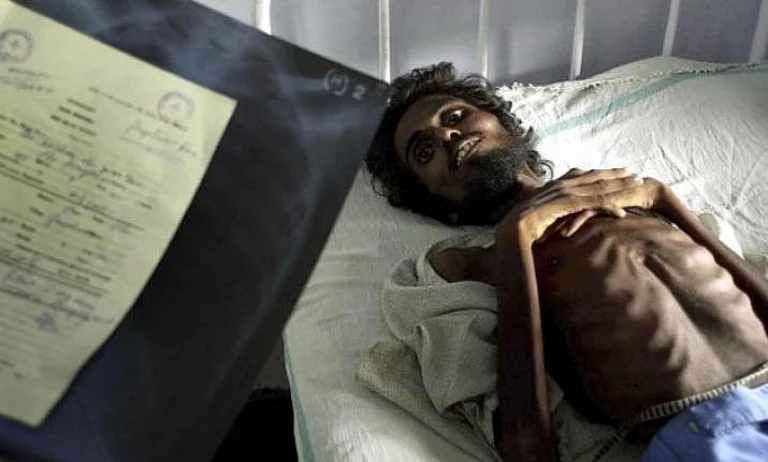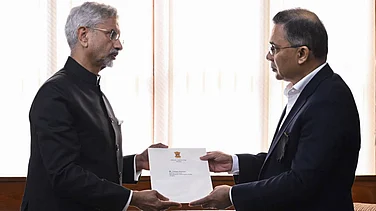Pakistan's Senate Standing Committee on Human Rights on Monday proposed amendments in the ‘Transgender Persons (Protection of Rights) Act, 2018’ to replace the word “transgender” with Khunsa (intersex). Discussed at the Pakistani Parliament House where the committee chairperson, Senator Walid Iqbal argued in favor of the proposal, the amendment has left activists shocked and stunned
Iqbal debated that gender cannot be derived from internal feeling or internal sense of being but instead is solely based on physical appearance, genital attributes, and congenital ambiguities, as per Samaa TV report. Following this, the committee decided to replace the word ‘transgender’ in the 2018 Act with ‘Khunsa'. The term used refers to a person with a mix of male and female genital features or congenital ambiguities. A Khunsa person is further classified as khunsa male, khunsa female and khunsa muskhil.
The committee also agreed on the constitution of a medical board comprising six experts at the district level, including a male general surgeon of the professor’s rank, a female gynecologist, a plastic surgeon, an endocrinologist or geneticist, and a urologist – all of the associate professors ranks, and a psychologist preferably holding a Ph.D. degree.
The committee maintained that a khunsa person shall have to get himself/herself registered with Nadra as per the certification made by the medical board.
Aghasted by the committee's decision, several Pakistani activists have criticized the move and slammed the committee for being regressive. Following the amendment, Pakistani activist Meher tweeted, " the 'human rights’ standing committee has removed the word transgender from the trans act & replaced it with khunsa (intersex) & will be using a MEDICAL certification to verify this status in individuals & its TERRIFYING how we keep regressing as a nation.”
“Shame on 'human rights' standing community for taking out the word transgender from the act. Shame-shame at the state for consistently making this country unlivable for trans people,” another activist tweeted.
“I don't trust our authorities with conducting that so-called eye test to get a driving license... the "medical examinations" will be a nightmare for those who already face so much discrimination in this godforsaken country,” a tweet from another activist read.
In May 2018, Pakistani National Assembly passed the landmark Transgender Persons (Protection of Rights) Bill 2017 with a majority vote. Under the law, trans people were recognized as they perceive themselves and register with the government institutions as transgenders.


























